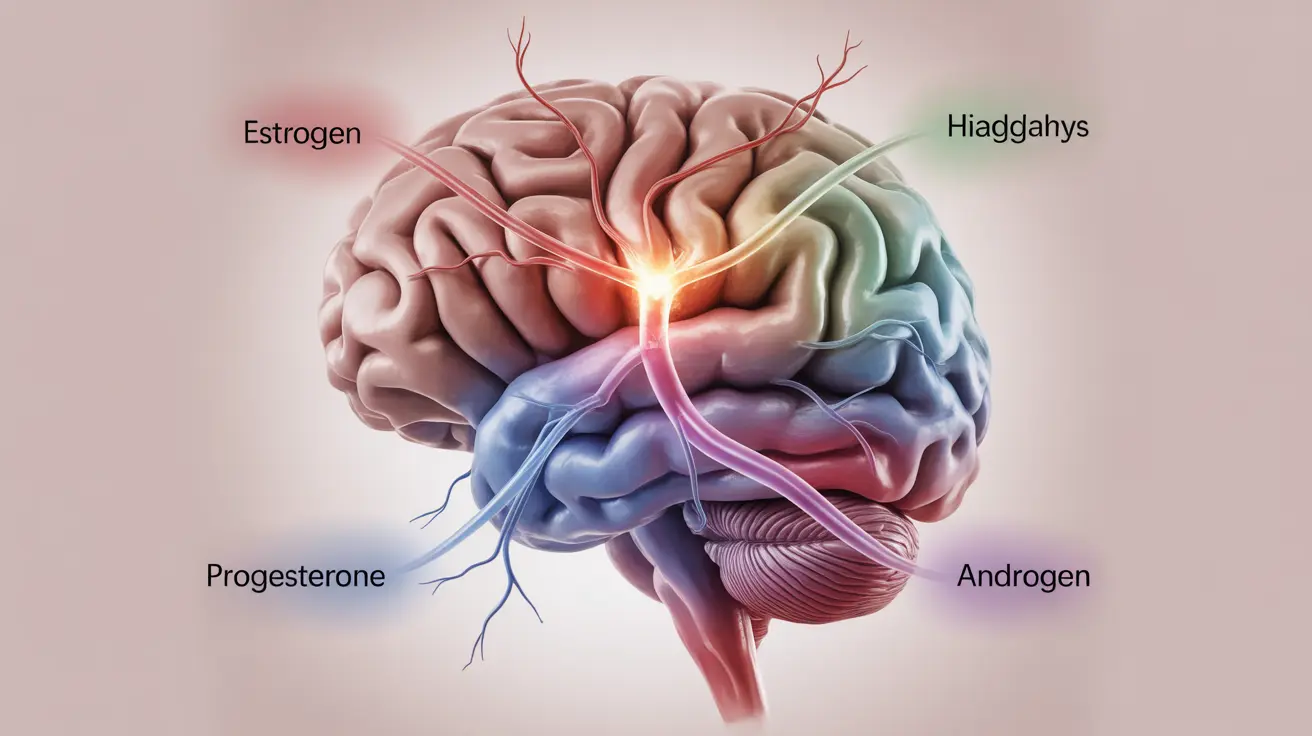Polycystic ovary syndrome (PCOS) affects millions of women worldwide, and many experience headaches as a challenging symptom of this hormonal disorder. Understanding the relationship between PCOS and headaches is crucial for finding effective management strategies and improving quality of life.
This comprehensive guide explores why PCOS can trigger headaches, how hormonal fluctuations play a role, and what treatment options are available for women dealing with both conditions.
The PCOS-Headache Connection
Women with PCOS often experience headaches due to the hormonal imbalances characteristic of the condition. The irregular levels of estrogen, progesterone, and androgens can trigger various types of headaches, from tension headaches to more severe migraines.
These hormone fluctuations can affect blood vessels and pain receptors in the brain, leading to frequent headache episodes that may worsen during certain times of the menstrual cycle.
Understanding Hormonal Triggers
Several hormonal factors in PCOS can contribute to headaches:
- Elevated androgen levels
- Insulin resistance and blood sugar fluctuations
- Irregular estrogen and progesterone levels
- Inflammation throughout the body
Impact of Insulin Resistance
Insulin resistance, common in PCOS, can lead to blood sugar fluctuations that trigger headaches. When blood sugar levels swing dramatically, it can cause blood vessel changes and inflammation that may result in head pain.
Treatment Approaches for PCOS-Related Headaches
Managing PCOS-related headaches often requires a multi-faceted approach:
Medication Options
Several medications may help control PCOS-related headaches:
- Over-the-counter pain relievers
- Prescription migraine medications
- Hormonal treatments
- Anti-inflammatory medications
Lifestyle Modifications
Making certain lifestyle changes can significantly reduce headache frequency:
- Regular exercise
- Stress management techniques
- Consistent sleep schedule
- Balanced nutrition
- Adequate hydration
Prevention Strategies
Preventing PCOS-related headaches often involves identifying and avoiding triggers while maintaining hormonal balance through:
- Regular meals to stabilize blood sugar
- Stress reduction techniques
- Avoiding known dietary triggers
- Maintaining a consistent sleep schedule
- Regular physical activity
Frequently Asked Questions
Why do women with PCOS often experience headaches or migraines?
Women with PCOS experience headaches primarily due to hormonal imbalances, insulin resistance, and inflammation associated with the condition. These factors can affect blood vessels and pain receptors in the brain, leading to frequent headaches.
How can hormonal imbalances in PCOS trigger migraines?
Hormonal imbalances in PCOS, particularly fluctuations in estrogen, progesterone, and androgens, can affect blood vessel function and neurotransmitter levels in the brain. These changes can trigger migraine episodes, especially during hormonal shifts.
What are effective treatments for managing headaches related to PCOS?
Effective treatments include a combination of medication (such as pain relievers or hormone therapy), lifestyle modifications, stress management, and maintaining stable blood sugar levels. Working with healthcare providers to develop a personalized treatment plan is essential.
Can lifestyle changes help reduce the frequency of PCOS-related headaches?
Yes, lifestyle changes can significantly reduce headache frequency. Regular exercise, proper nutrition, stress management, adequate sleep, and maintaining stable blood sugar levels can all help minimize PCOS-related headaches.
Are birth control pills safe to use for women with PCOS who suffer from migraines?
Birth control pills can be safe and effective for many women with PCOS and migraines, but the safety depends on individual factors and migraine type. Women should consult their healthcare provider to determine if hormonal birth control is appropriate for their specific situation.




